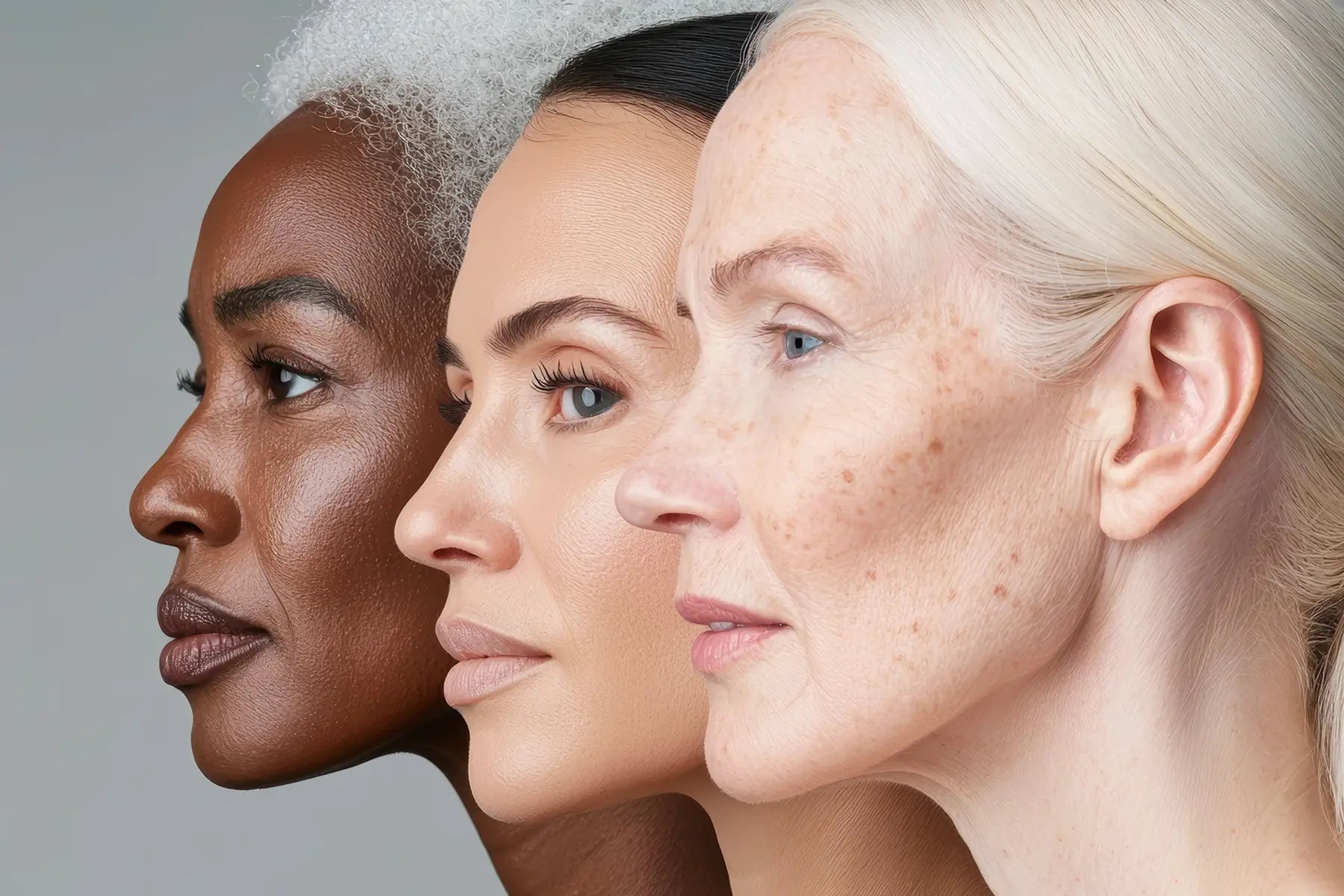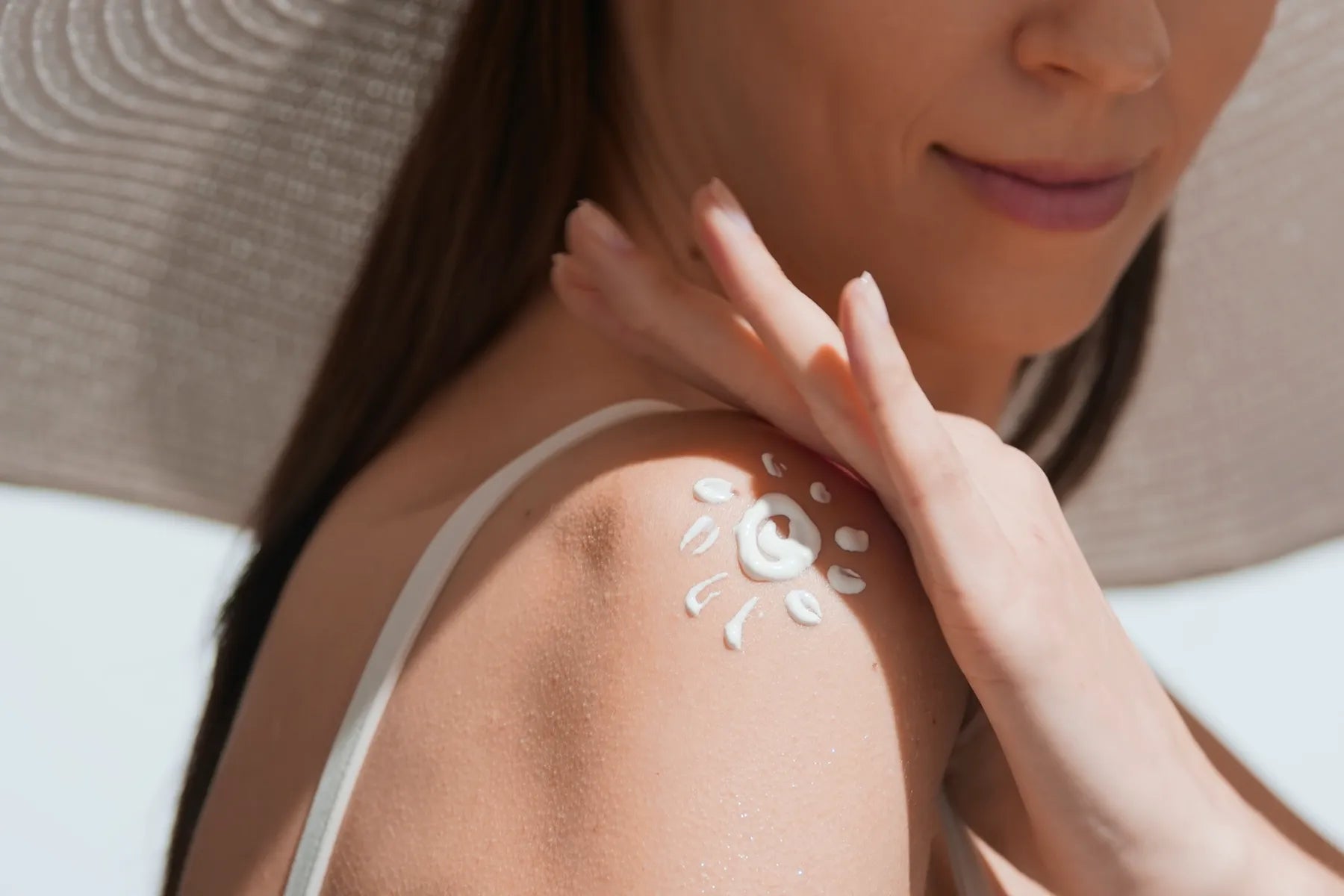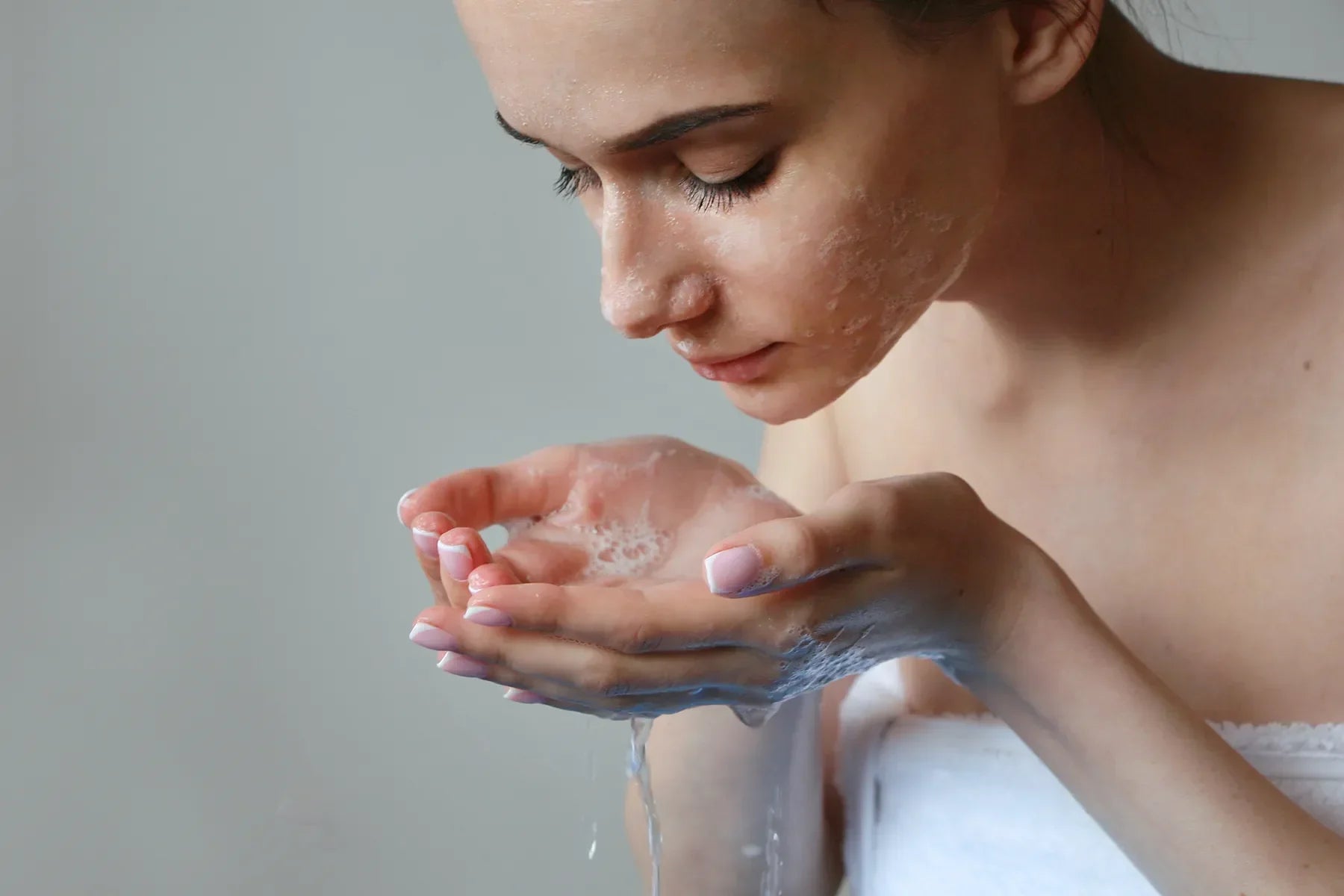The Fitzpatrick Scale is a classification system for skin types. Your skin is classified from Type 1 to Type 6, based on your genetics, skin tone, eye colour, hair colour, and how easily your skin burns. It’s a tool often used by doctors and dermal therapists to predict how your skin might react to treatments or environmental factors.
While it’s valuable for professionals, most of us don’t think about our Fitzpatrick type when choosing skincare products. Instead, we focus on practical concerns such as, “Is my skin sensitive?” “Am I oily or dry?” “Do I have acne?” Often, our skin reflects a mix of these characteristics and changes over time. That’s why it’s so important to consult an expert who can assess your unique skin needs and create a tailored beauty regimen.
Whether you’re dealing with specific issues or just looking for the best care for your skin type, a dermal therapist, cosmetic physician, or skin doctor can provide invaluable guidance. Reach out to a skincare expert today and let them help you design a routine that’s as unique as your skin. Your complexion will thank you.
–––––––––––––
If you’re serious about taking care of your skin, you’ve probably heard of the Fitzpatrick Scale. But what exactly is it, and how can it help you choose the right skincare products? The professional team at Austin Skin invites you to learn more about this essential tool, prized by skincare experts who use it to better understand your skin and create a beauty regimen that is perfect for you.
What is the Fitzpatrick Scale?
The Fitzpatrick Scale is a classification system developed by Dr Thomas Fitzpatrick in 1975. It categorises skin types into six distinct groups, based on your genetic traits, skin tone, and how your skin reacts to sunlight. These types range from Type 1 (very fair skin that always burns) to Type 6 (deeply pigmented skin that rarely burns).
Understanding your Fitzpatrick type can provide insights into how your skin behaves and reacts to sun exposure, treatments, and certain skincare ingredients. It’s not just about how easily you burn; it’s also about predicting potential sensitivities, risks of hyperpigmentation, and how your skin might age over time.
Here’s a quick breakdown. See if you can identify your Fitzpatrick Scale type from the list below:
- Type 1: Very fair skin, often with red or blonde hair and light-coloured eyes. Burns easily and never tans.
- Type 2: Fair skin, with light eyes and hair. Burns easily but may tan slightly.
These skin types are more prone to sunburn and photoaging, so diligent sun protection is crucial.
- Type 3: Medium skin tone that sometimes burns and gradually tans.
- Type 4: Olive or darker skin tones that tan easily and rarely burn.
These types tend to tan more easily but can still develop sun damage if not properly protected.
- Type 5: Brown skin that tans easily and very rarely burns.
- Type 6: Deeply pigmented skin that almost never burns.
While these skin types are less prone to sunburn, they may be at a higher risk for hyperpigmentation and uneven skin tone.
3 Ways Austin Skin Makes the Fitzpatrick Scale Work For You
At clinics like the Austin Clinic in Balgowlah, Australia, dermal therapists use the Fitzpatrick Scale to assess your skin’s unique characteristics and design personalised treatment plans. Here are some ways it comes into play:
- Customised Sun Protection: Knowing your Fitzpatrick type helps determine the level of SPF and type of sunscreen that best suits your skin. For instance, fairer types might benefit from a higher-SPF mineral sunscreen such as Aspect Sun’s Physical Sun Protection. Deeper skin tones might prefer a lightweight chemical sunscreen that blends seamlessly. Aspect Sun Envirostat on the Go with an SPF of 50+ is an excellent choice.
- Treatment Planning: Your Fitzpatrick type can influence how your skin responds to treatments such as chemical peels, laser therapy, or microneedling. For example, Austin Clinic patients with deeper skin tones are more prone to post-inflammatory hyperpigmentation. Their treatments are carefully selected and performed by our experienced professionals.
- Product Recommendations: Different Fitzpatrick types can have different reactions to active ingredients like retinoids, vitamin C, or exfoliating acids. A dermal therapist can guide you toward products that suit your skin’s needs without causing irritation or other issues.
Using the Fitzpatrick Scale to Build Your Skincare Regimen
Once you know your Fitzpatrick type, you can take that knowledge and create a skincare routine designed for success. Here’s how:
- Start with a Professional Assessment – Visiting a dermal therapist at Austin Clinic is the best way to determine your Fitzpatrick type and understand what it means for your skin’s health. Our expertise ensures a comprehensive evaluation that goes beyond guesswork.
- Focus on Sun Protection – No matter what your Fitzpatrick type, sun protection is essential. Austin Clinic can recommend the best sunscreen for your skin type, such as mineral sunscreens for sensitive skin or lightweight chemical formulations for deeper tones.
- Target Your Skin Concerns – With your Fitzpatrick type in mind, you can choose products that address your specific concerns, whether it’s dryness, acne, sensitivity, or pigmentation. For example, if you’re prone to hyperpigmentation, your therapist might suggest incorporating products with niacinamide or azelaic acid to even out your skin tone.
- Adapt to Your Skin’s Needs Over Time – Your skin changes with the seasons, age, and lifestyle factors, so your skincare routine should evolve too. Regular check-ins with a dermal therapist ensure your regimen stays effective and aligned with your skin’s current needs.
Take Control of Your Skincare Today
Understanding your Fitzpatrick type is a powerful first step toward achieving your best skin. With the guidance of a dermal therapist, you can unlock the secrets to a tailored skincare routine that works for you.
Located in Balgowlah, Australia, Austin Clinic is home to a team of experienced, client-centric skin experts who are proud to be leaders in bespoke skincare solutions. We invite you to let us explore and explain your Fitzpatrick type to you and then use that knowledge to design a regimen that supports and enhances your natural beauty.






